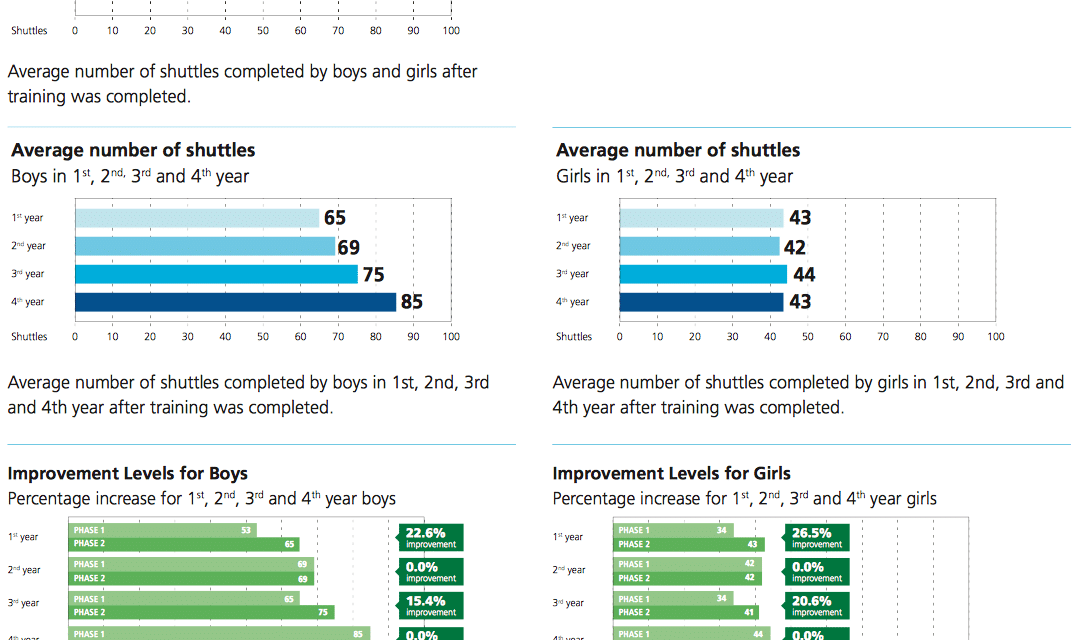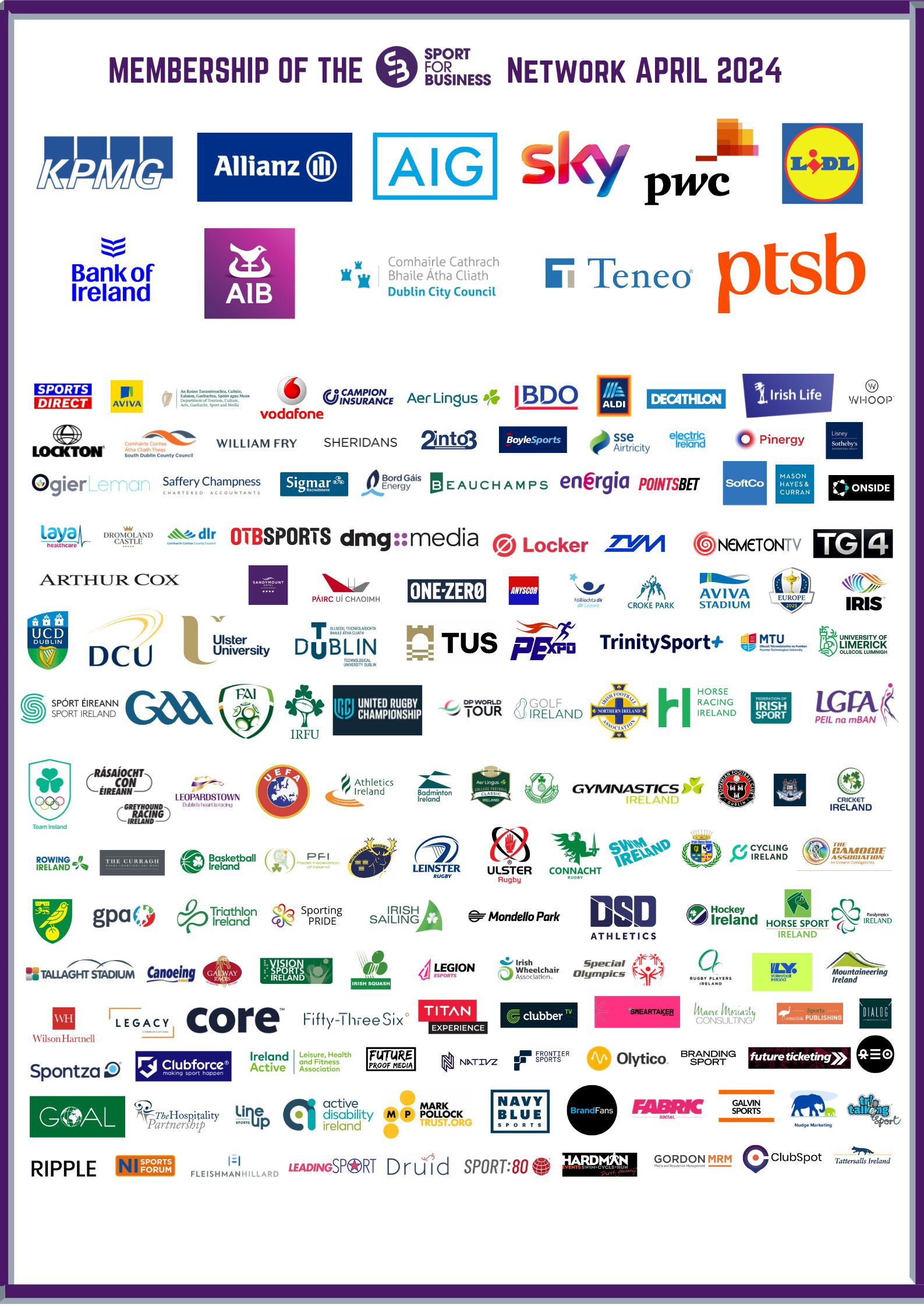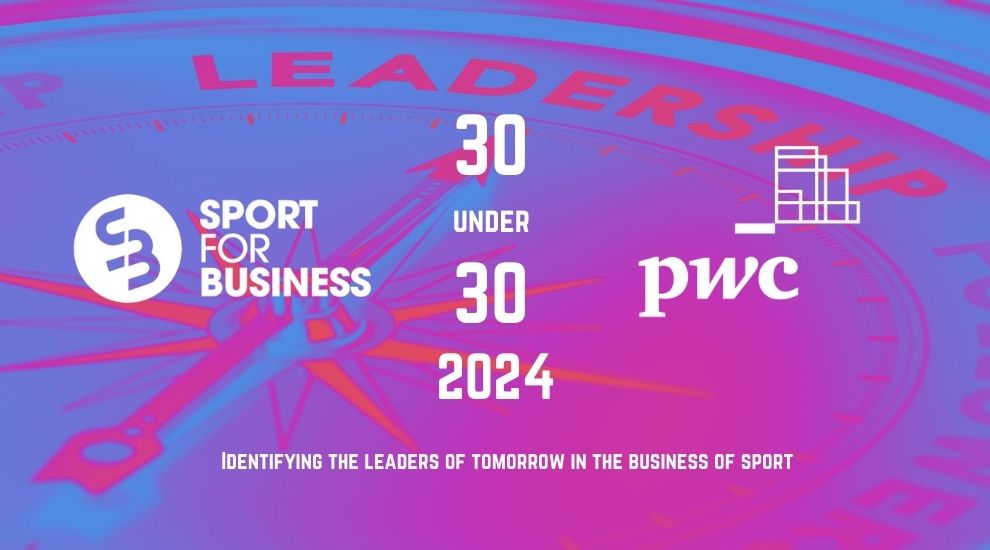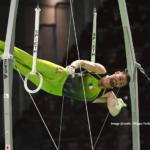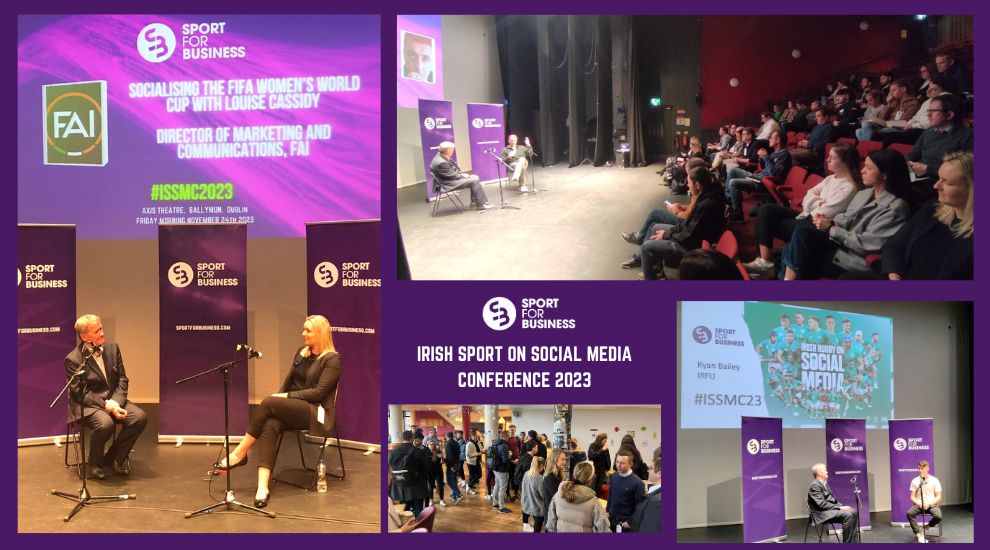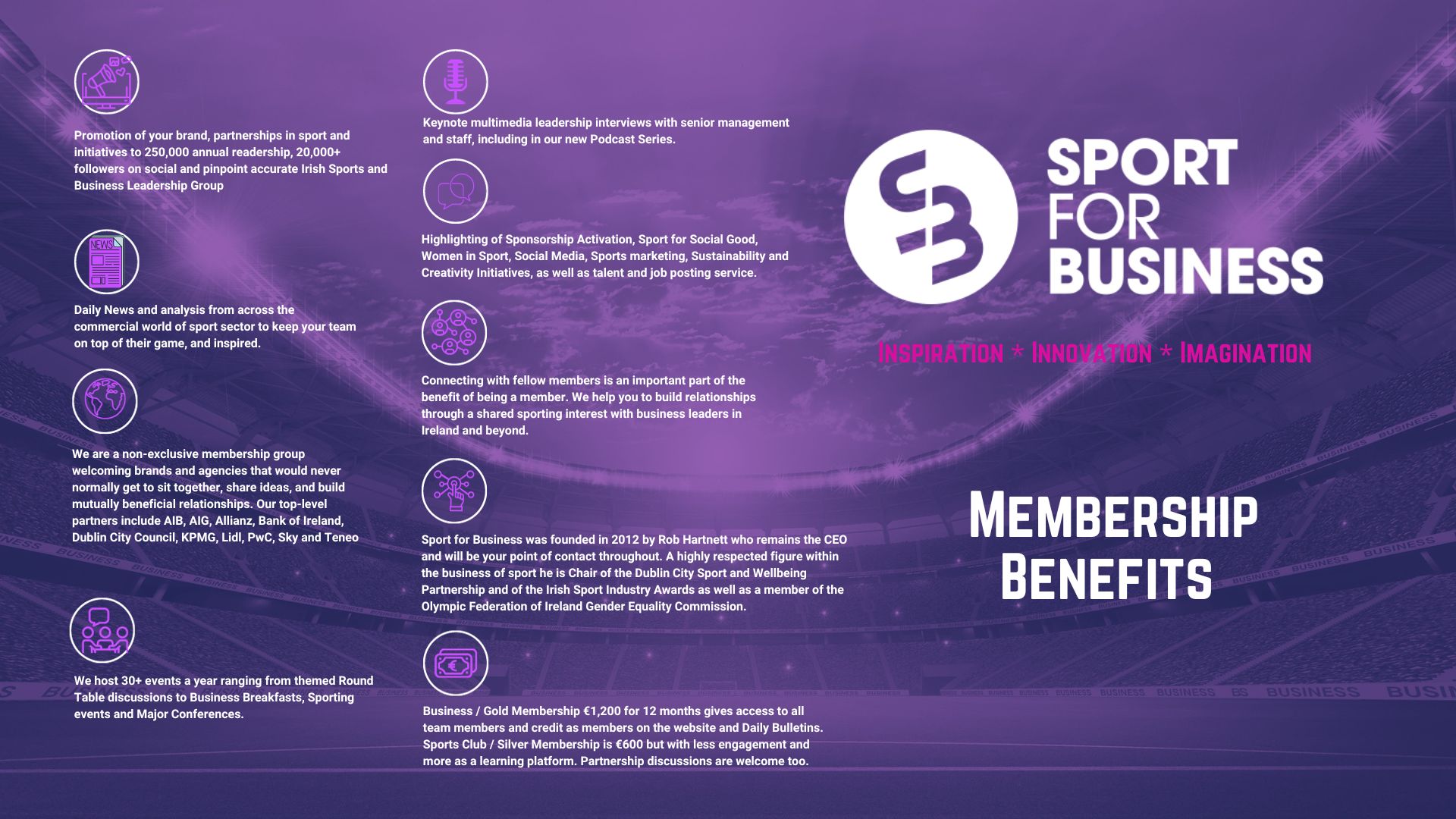Children who are physically active will live longer and healthier lives than those who are not. It couldn’t be starker than that and yet we still do not give priority enough to getting people out of chairs and onto their feet.
The Aviva Health Schools Challenge statistics were presented yesterday for the third year and show the remarkable impact that simple interventions can have on a child’s fitness.
Over 10,000 students took part in a series of tests overseen by Professor Niall Moyna and his team at Dublin City University. They were asked to complete a series of shuttle runs of 20 metres between bleeps that are gradually speeded up.
The average number of shuttles by boys from 1st year to Transition year was 74, an increase of 19% on 2013 while for girls the number was 43, an increase of 13%.
“To encourage children to start good fitness behaviour early, a new Health Science curriculum could be developed at both Junior and Senior cycle that combines education on human biology, chronic diseases, home economics and lifestyle including diet, physical activity, smoking, alcohol and stress,” said Moyna speaking at the presentation of awards to the fittest schools in the Aviva Stadium yesterday.
“Educating Children about about what physical activity actually does physiologically will help them understand how the body responds to exercise.”
The rising gap between boys and girls is something that needs to be addressed and Sport for Business will shortly be announcing a number of initiatives aimed at doing just that.
Minister for Sport Michael Ring was present on the day, a late replacement for Taoiseach Enda Kenny who had to cry off but it was fitting to tie this initiative to the €7.4 million in Government funding for Youth Field Sports he announced only hours before at Croke Park.
Elvery’s were partners of the programme alongside Aviva Health and the Wellness Initiative Alliance at DCU.
In tomorrow’s Sport for Business Digest we will have an interview with Aviva Health CEO James Parker on his company’s motivation for getting behind the Challenge, and on how the investment of time and money compares to other areas of sports based activity undertaken by Aviva.

